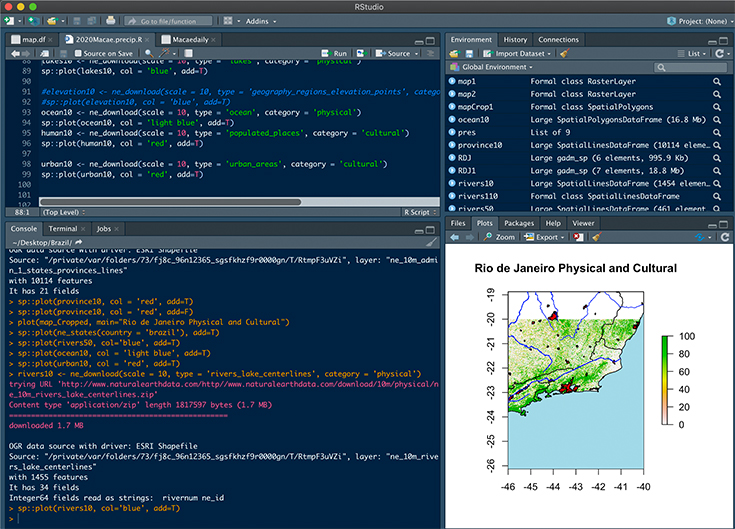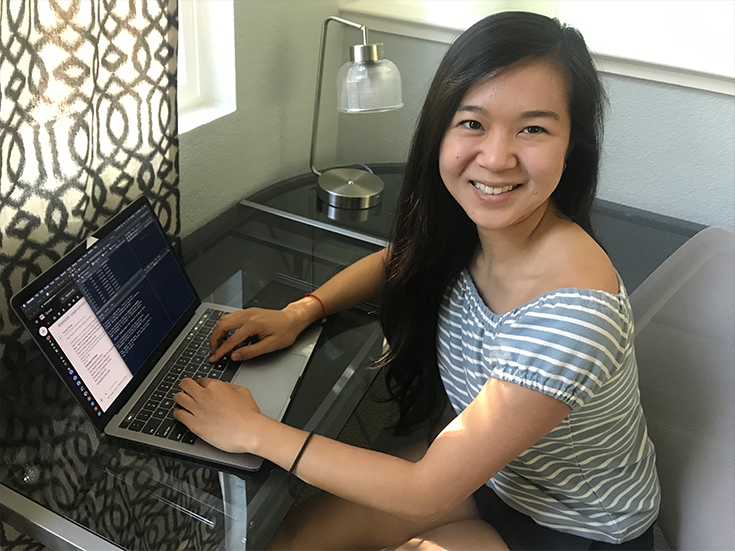Sophie Zhu - Brazil (virtually)
Sophie Zhu
As an epidemiologist, it is important to me to work on interdisciplinary projects that incorporate animal, environmental, and human health. The current COVID-19 epidemic is a great example of a disease with a zoonotic origin, and it will continue to require collaboration between many fields in order to fully control it. One Health and zoonoses have been major research themes here at UC Davis for several decades, and although I am not involved in research on emerging viruses, I’m still proud to be a researcher currently working on zoonoses, specifically Toxoplasma gondii. At the beginning of spring, I was looking forward to spending a summer in Rio de Janeiro State, Brazil thanks to the Global Feline Fellowship that I received through the Office of Global Programs. Due to current travel advisories in the United States and in many countries, I was unable to travel to Brazil for my research project this summer. However, even though I was not physically there in Brazil, I was able to complete some of my original objectives thanks to assistance from our Brazilian colleagues.
The goal of my research was to identify environmental or habitat risk factors for maternal exposure to T. gondii in order to guide management decisions to reduce the burden of congenital toxoplasmosis. Toxoplasma infection during pregnancy can lead to congenital toxoplasmosis in newborns; children who are born with congenital toxoplasmosis (CT) can have symptoms ranging from low birth weight to long term mental and ocular defects. Studies of CT in Europe, North America, and South America have found that cases in South American are more frequent and severe, potentially due to the large number of atypical genotypes in the environment and disparities in clean water treatment and access. Dr. LilianBahia-Oliveira, my Brazilian PI for this project, found in some of her earlier studies that drinking unfiltered water could be a risk factor for transmission. There is some evidence that acute toxoplasmosis cases peak after heavy rainfall, and in certain times of the year when temperature and humidity are most optimal for the oocysts to survive and sporulate. To test these variables in our study location, I collected and mapped elevation, temperature, vegetation, and human population density data in the first part of the summer while also learning Portuguese in my free time. This second activity helped me in reading and translating the surveys used for pregnant women that were included in the Toxoplasma surveillance program. Sofar,I have found preliminaryrelationships between women's exposure to Toxoplasma and predictor variables including rainfall and temperature. I am grateful for this opportunity to explore human and environmental epidemiology, advance my dissertation research, and chance to build international research relationships. I hope to still travel to Brazil for research in the future after gaining an appreciation for the language and culture this summer.
Obrigada aos meus conselheiros por me ajudarem nesta oportunidade!



